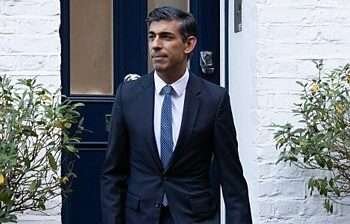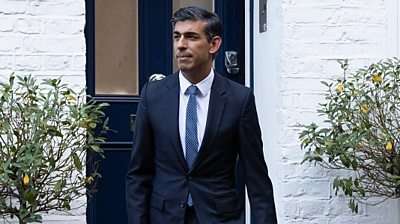A sixth round of European Union (EU) sanctions targeting Russian oil, banks, and military officials entered into force on Friday, June 3, 2022.
The punitive measures against Moscow for invading Ukraine came into legal effect after long, drawn-out negotiations to convince Hungary and other landlocked EU countries to agree to a partial ban on Russian oil. The package targets Russian oil delivered by sea and exempts oil that moves via pipeline such as the giant Soviet-era Druzhba pipeline, which connects Russia with several Eastern and Central European countries.
Speaking on the aftermath the decision, EU Foreign Policy Chief, Josep Borrell, stated on Twitter that the package is “a big blow to Putin’s war chest”, referring to Russian President, Vladimir Putin. The ban on Russian oil was secured after Hungary and other landlocked countries lobbied heavily against a proposal for a full EU embargo on Russian oil for nearly a month.
The European Union is to, first of all, phase out imports of Russian crude oil within six months and refined products by the end of the year (2022), cutting off a major source of revenue to the Kremlin.
Specific Targets of the Sanctions
According to the European Commission, the prohibition targets two-thirds of Russian oil imports, which could rise to 90 percent should Germany and Poland complete a total phase-out of Russian oil by year-end (2022).
Hungary also secured an exemption to import Russian oil from other sources should the Druzhba, which is flowing through war-torn Ukraine, be damaged. The Czech Republic also got extra time to implement the ban. Other measures related to the oil sanctions include a ban on EU companies providing insurance for the shipping of Russian oil to prevent dodging sanctions with countries outside of the bloc.
‘Limits of Foreign Policy’
The bloc also prohibited EU firms from providing professional services to Russia, including public relations services such as lobbying.
Other measures on Russia involve expanding export technology curbs to include chemical manufacturing due to the risk of chemical weapon development. Hungary also succeeded in pressuring the EU into dropping sanctions on Russian Orthodox Church leader, Patriarch Kirill, in its latest round of punitive measures. Hungary made the last-minute push to exempt Kirill, an avid supporter of Putin, on Wednesday, June 1, 2022, after EU leaders reached a political agreement on the package earlier this week at a special summit. EU Foreign Policy Chief, Josep Borrell, said the removal of the patriarch shows the “limits of foreign policy based on unanimity”, a criticism of a sanctions policy requiring full agreement from all EU member states.
However, Alina Kabaeva, Chairwoman of the Board of Directors of Russia’s National Media Group and a Former Gymnast “closely associated with” Putin, according to the EU, is listed for sanctions. Russian Colonel-General, Mikhail Mizintsev, is also targeted for his bombardment of the Ukrainian city of Mariupol. Kabaeva and Mizintsev joined 65 new individuals and 18 entities, who have been slapped with an EU asset freeze and travel ban within the bloc. In total, the EU has sanctioned 1,158 individuals and 98 entities in connection with Russia’s invasion of Ukraine.
The sanctions package also expels Russia’s largest bank, Sberbank, from SWIFT, an international financial communication system and also bans three more Russian state-owned broadcasters. The package also sanctions individuals allegedly responsible for war crimes in Ukraine. Five previous rounds of sanctions targeted Russia’s economy, financial system, central bank, top government officials, as well as Putin and his inner circle.
READ ALSO: Nigeria Crushes Over 2,000 Motorcycle Taxis In Lagos




















